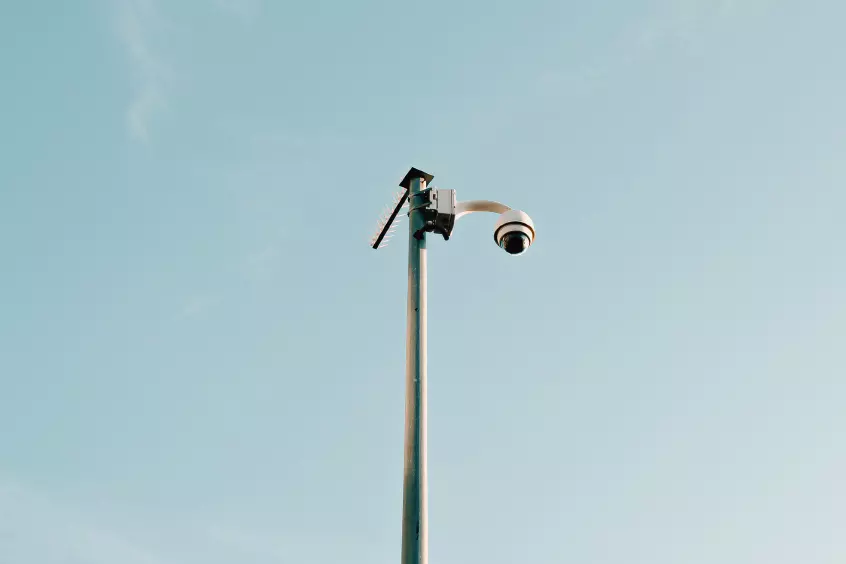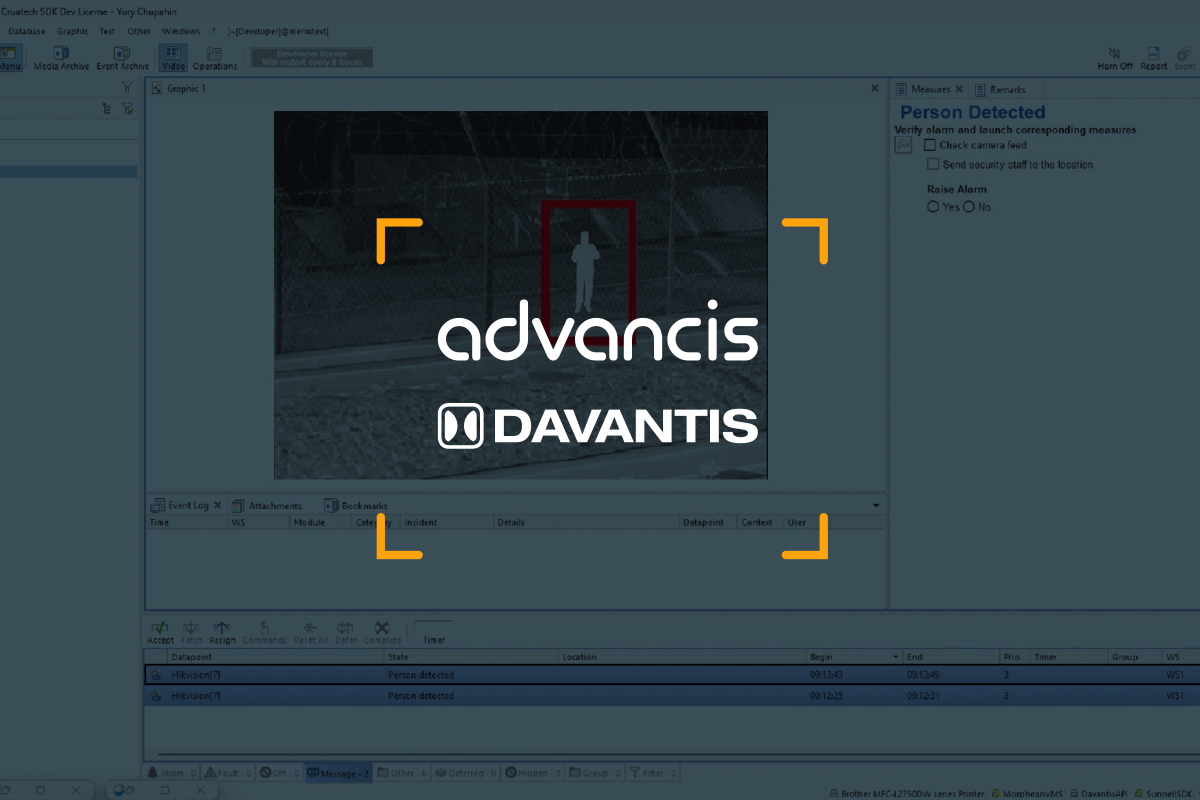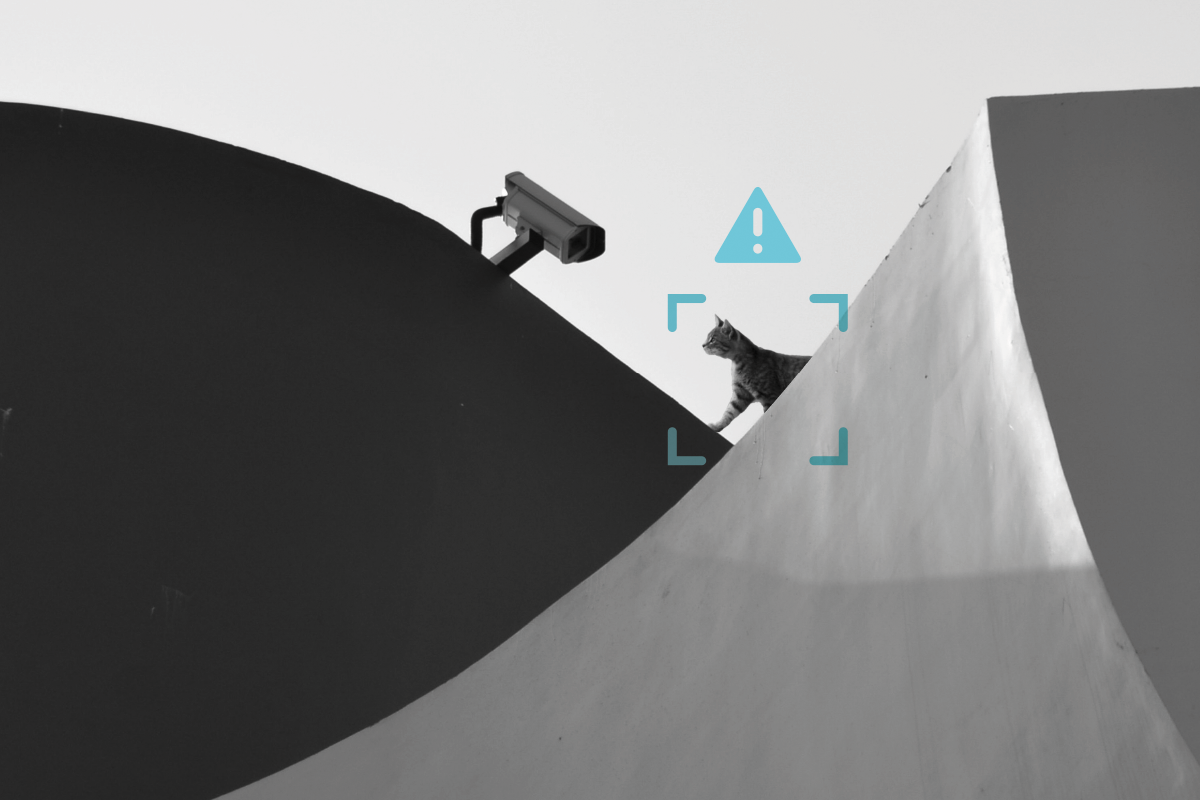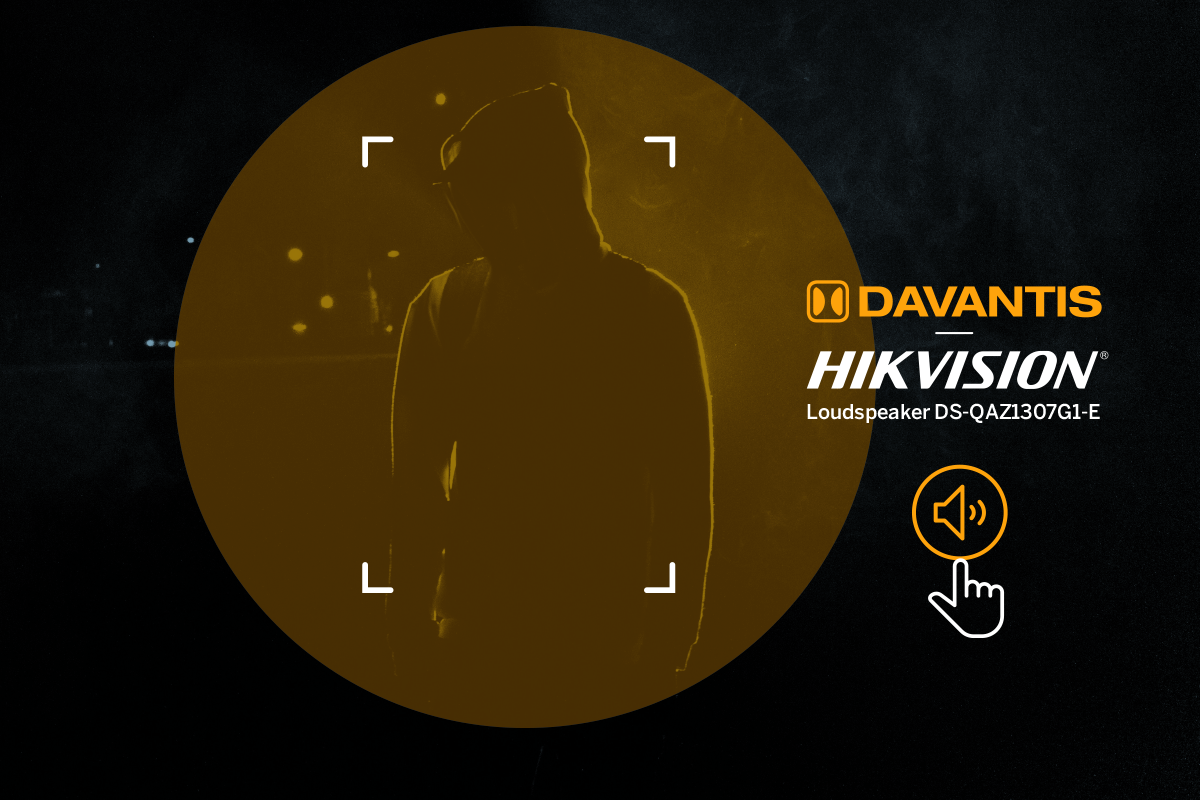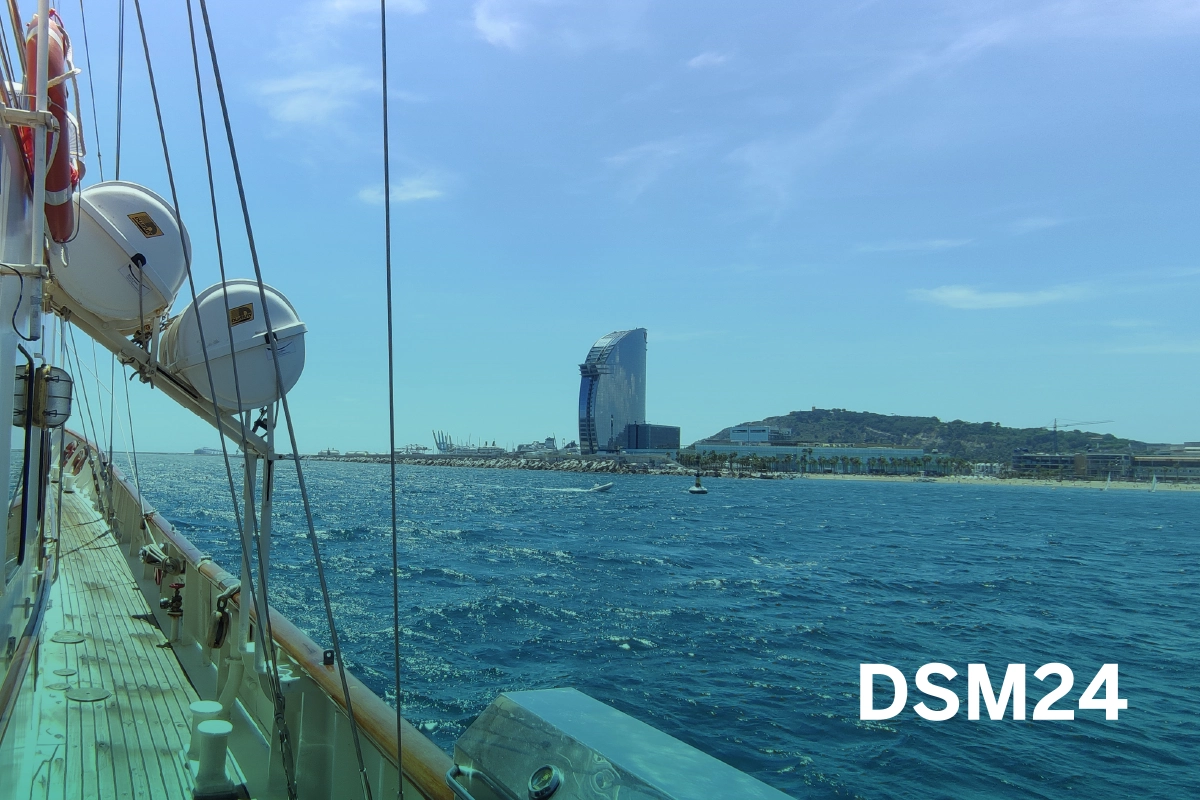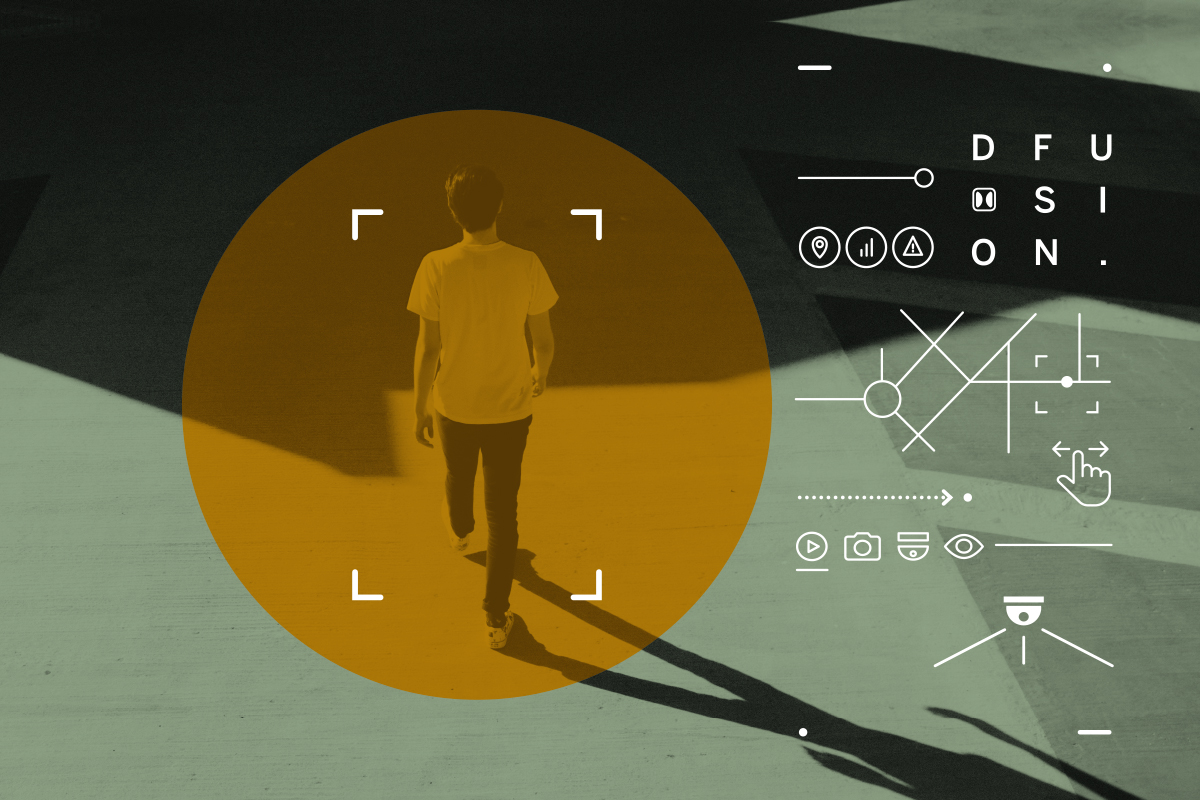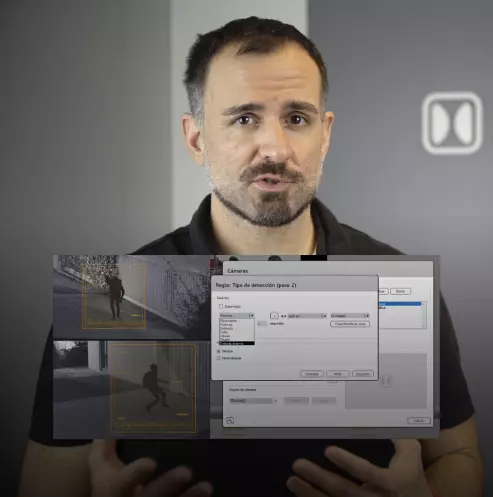All CCTV video surveillance installations must comply with technical requirements to ensure the high-security standards required by the client. Designing a CCTV installation requires a preliminary analysis of the environment, the perimeter, any possible blind areas, and access points, among other variables, and having completed this, you can design the installation.
The best option for avoiding disastrous calculation errors is to use a platform to simulate your proposed installation. Our Site Planning Tool is ideal for this phase of project planning. The following are some brilliant tips for installing CCTV cameras in a perimeter security system Take note!
Positioning the CCTV cameras
As well as positioning your CCTV security camera in certain locations (on top of a wall, post, grilles, etc.) and in certain access areas, you also need to decide on the area is to be kept under surveillance using privacy masks, you can include or exclude areas from monitoring. You must adjust the coverage area captured by the camera and prevent anything (a vehicle, etc.) from blocking its recording angle.
Please note that the minimum height required to place the cameras is 3 metres for enhanced coverage and anti-vandalism protection. If you decide to install your cameras on a stand, it is important to make sure that it is rigid to avoid vibrations, if not, you must have an image stabiliser to avoid blurred images.
Proper lighting
A nearby light source is required so that the CCTV camera can capture every element of the scene (facial features, small elements, etc.) in detail. This is a critical point in outdoor installations since they are low-light areas. DFUSION video analysis can detect intruders at long distances or partially hidden with total precision, even in low-light areas.
Never forget to check the camera’s optical settings; calibrate the zoom and focus to avoid capturing poor-quality images. You should focus the cameras in daylight and night light conditions to make adjustments.
Choose the right CCTV camera
The appropriate type of camera should be chosen, depending on the needs of the installation. . Both day/night and thermal cameras are great allies in any video surveillance system, as they offer good optics and angles. Do not hesitate to have pan-tilt-zoom (PTZ) cameras that allow you to react (rotate and zoom) and record in certain situations.
Stand-alone technology is widely used in security to avoid the use of cables in large installations and minimise technical alarms in the event of possible sabotage. It is important to define the best option for each installation and, if cables are used, hide them to avoid tampering. It is crucial to have anti-hacker security protocols. Our video analysis systems have deep learning algorithms to activate alarms for any type of unwanted manipulation.
Compatible with all VMS and PSIM control centres
All images captured by the network of CCTV cameras must be connected to an alarm management and surveillance platform. It is therefore essential that the cameras are compatible with this type of security solutions and thus effectively manage all installations.
At DAVANTIS we work continuously to improve the technology in our video analysis solutions, in addition to accompanying installers in each phase of their projects through personalised support and training capsules in video perimeter analysis. Make full use of our solutions!
